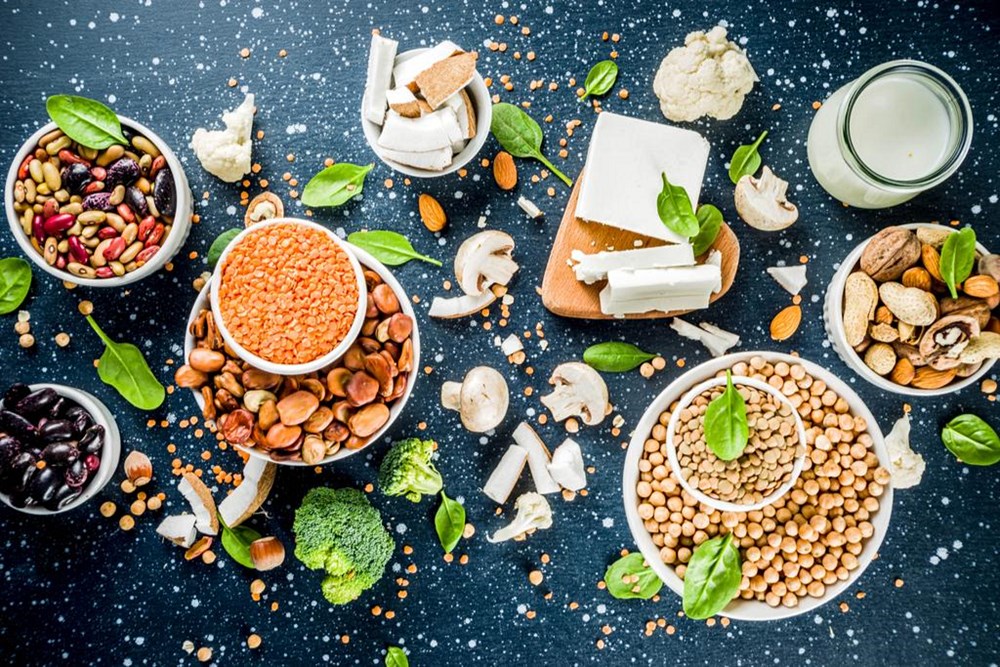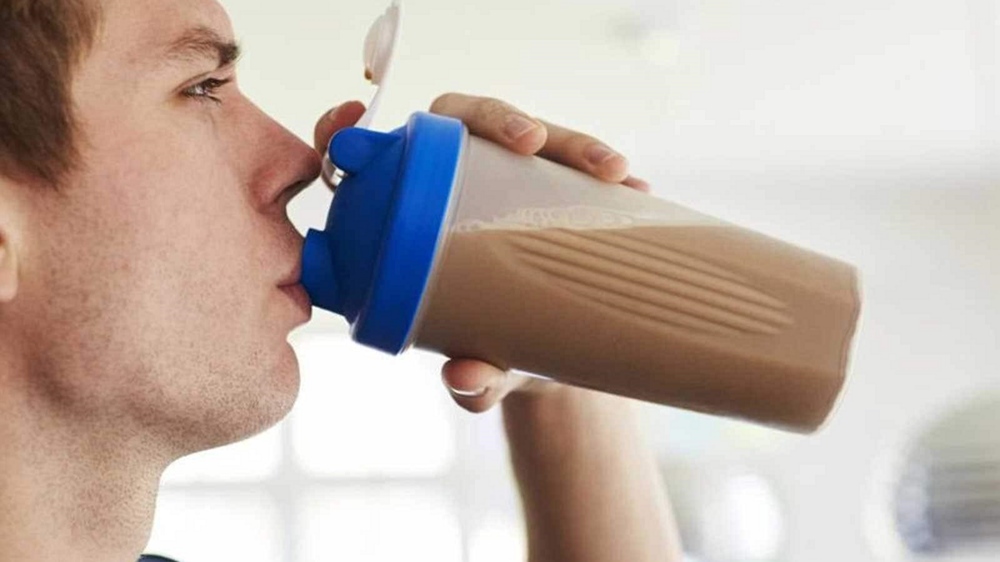Last Updated on: 19th December 2024, 06:05 pm
High-protein diets focus on increasing protein intake through foods like meats, dairy, legumes, and nuts, providing more calories from protein than traditional diets. These diets are popular for weight management and muscle building due to their simplicity and variety of protein sources.
This guide aims to clarify misconceptions and provide factual information about high-protein diets. Whether for weight loss, muscle gain, or health, understanding the facts is essential.
The Science Behind Protein and Its Dietary Importance

Protein’s Multifaceted Role in the Body
- Protein is crucial for muscle repair, hormone regulation, immune responses, and the health of hair, skin, and nails.
- Amino acids from protein are essential for enzyme production and biochemical reactions.
- Protein supports growth, repair, and overall health maintenance.
Recommended Dietary Allowances for Protein
The Recommended Dietary Allowance (RDA) for protein is 0.8 grams per kilogram of body weight per day for adults. This prevents deficiency, but individual needs may vary based on age, sex, and activity level.
High-Protein Diets: A Shift in Norms
High-protein diets increase protein intake to 20-30% of daily calories, supporting muscle synthesis, fat loss, and satiety. Balance protein sources with other nutrients for overall health.
In summary, protein is vital for various bodily functions. High-protein diets adjust RDA guidelines to meet specific health and fitness goals.
Debunking Myths Surrounding High-Protein Diets

- Myth 1: High-protein diets cause kidney damage in healthy individuals – No conclusive evidence supports this. Healthy individuals can consume high-protein diets without increased kidney damage risk.
- Myth 2: High-protein diets are inherently low in fiber – High-protein diets can include fiber-rich foods like vegetables, legumes, and nuts.
- Myth 3: High-protein diets result in rapid, sustainable weight loss – Initial weight loss may be due to reduced calorie intake and water loss. Sustainable weight loss requires lifestyle changes, including exercise and dietary adjustments.
The Real Benefits of High-Protein Diets

- Satiety and Weight Management: Protein-rich foods enhance satiety, reducing snacking and aiding calorie management.
- Muscle Preservation and Growth: High-protein diets support muscle synthesis, especially with resistance training, preserving muscle during weight loss.
- Metabolic Advantages Over Other Diet Types: High-protein diets increase thermogenesis, burn more calories during digestion, and positively affect appetite-regulating hormones.
Potential Risks and Considerations

Impact on Kidney Function – High-protein diets may strain kidneys in those with pre-existing conditions. Consult healthcare professionals for dietary guidance.
Protein Source Matters: Plant vs. Animal – Plant proteins offer fiber and nutrients, while animal proteins provide essential amino acids. A mix of both optimizes nutrient intake.
Balancing Nutritional Needs – Ensure a high-protein diet includes carbohydrates, fats, vitamins, and minerals for comprehensive nutrition and health.
How to Implement a High-Protein Diet Safely and Effectively

Gradually Increasing Protein Intake
- Start small: Add a small amount of protein to each meal, like a hard-boiled egg or almonds.
- Incremental increases: Gradually increase protein portions to reach the desired intake.
Variety in Protein Sources
- Diversify your sources: Combine plant-based proteins like lentils and quinoa with fish, poultry, and dairy.
- Essential amino acids: A variety of sources ensures a broad spectrum of nutrients.
Monitoring Your Body’s Response
- Watch for positive signs: Improved muscle tone and satiety indicate a good response.
- Be aware of adverse reactions: Adjust diet if digestive discomfort or energy changes occur.
- Stay hydrated: Higher protein intake requires more water.
Implementing a high-protein diet can enhance health and fitness goals. Increase protein intake slowly, choose diverse sources, and monitor your body’s response.
Final Thoughts
High-protein diets offer balanced nutrition and well-being. By debunking myths and emphasizing variety, they support individual goals like weight management and muscle growth. Make informed choices and embrace a diverse protein lifestyle for a healthier future.

